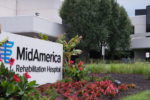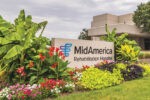RECLAIM YOUR LIFE
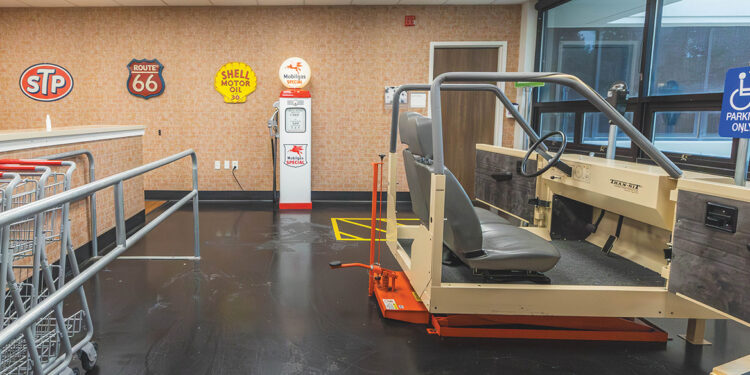
Article by Ann E. Butenas
MidAmerica Rehabilitation Hospital’s specialized stroke rehabilitation program offers hope and recovery for patients at any age.
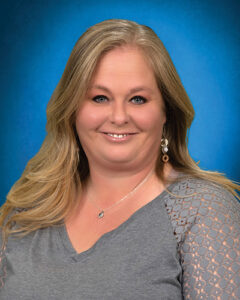
Ruth Greenlee
Every May, Stroke Awareness Month shines a spotlight on a condition that strikes without warning and can change lives in an instant. At MidAmerica Rehabilitation Hospital in Overland Park, Kansas, a dedicated team of rehabilitation specialists works tirelessly to help stroke survivors reclaim their independence and quality of life.
“When a patient has a stroke, they go to the hospital and may even be admitted to an acute care facility. Once they are stabilized, they come to us for stroke rehabilitation,” said Ruth Greenlee, Nurse Manager at MidAmerica Rehabilitation Hospital. The journey to recovery begins the moment a patient arrives at their facility, where they receive personalized care designed to address their specific needs.
Individualized Approach
No two strokes are identical. The location and extent of brain damage vary, requiring a tailored rehabilitation strategy. “The care received is individualized for the patient, according to where the stroke happened and what damage was done,” Greenlee explained. “Most patients stay for 7-14 days, receiving three hours of daily therapy customized to their unique needs, including physical, speech, and occupational therapy.”
While stroke is often associated with older adults, Greenlee has witnessed a concerning trend. “We are seeing younger and younger patients due to diet, lifestyles, and stress levels in life,” she noted. MidAmerica Rehabilitation Hospital has treated patients as young as their early 30s, including young pregnant mothers, though the retired population remains more common, Greenlee emphasized.
Prevention: The Best Medicine
Greenlee indicated lifestyle choices that can reduce stroke risk. “A sedentary lifestyle can lead to blood clots,” she cautioned. “Regular physical activity and a healthy diet are important preventive measures. Knowing your family history is equally important, as genetic factors can increase susceptibility.”
Warning signs should never be ignored, either, she emphasized. “If you have a persistent headache for days and it is not treatable or relieved with over-the-counter meds, that is a warning sign,” Greenlee advised. Managing high blood pressure through medication and diet is also essential for those at risk.
Recognizing a Stroke
Quick action can mean the difference between full recovery and permanent disability. When someone has trouble speaking or understanding, with words making no sense, it could indicate a stroke. Other signs include numbness or weakness in the face, leg, or arm on one side of the body, blurred vision, dizziness, or loss of balance.
“Early prevention means a better chance for a better outcome,” Greenlee emphasized. “Strokes happen so fast and can be so subtle in presentation. If you notice any of these symptoms, call 911 immediately.”
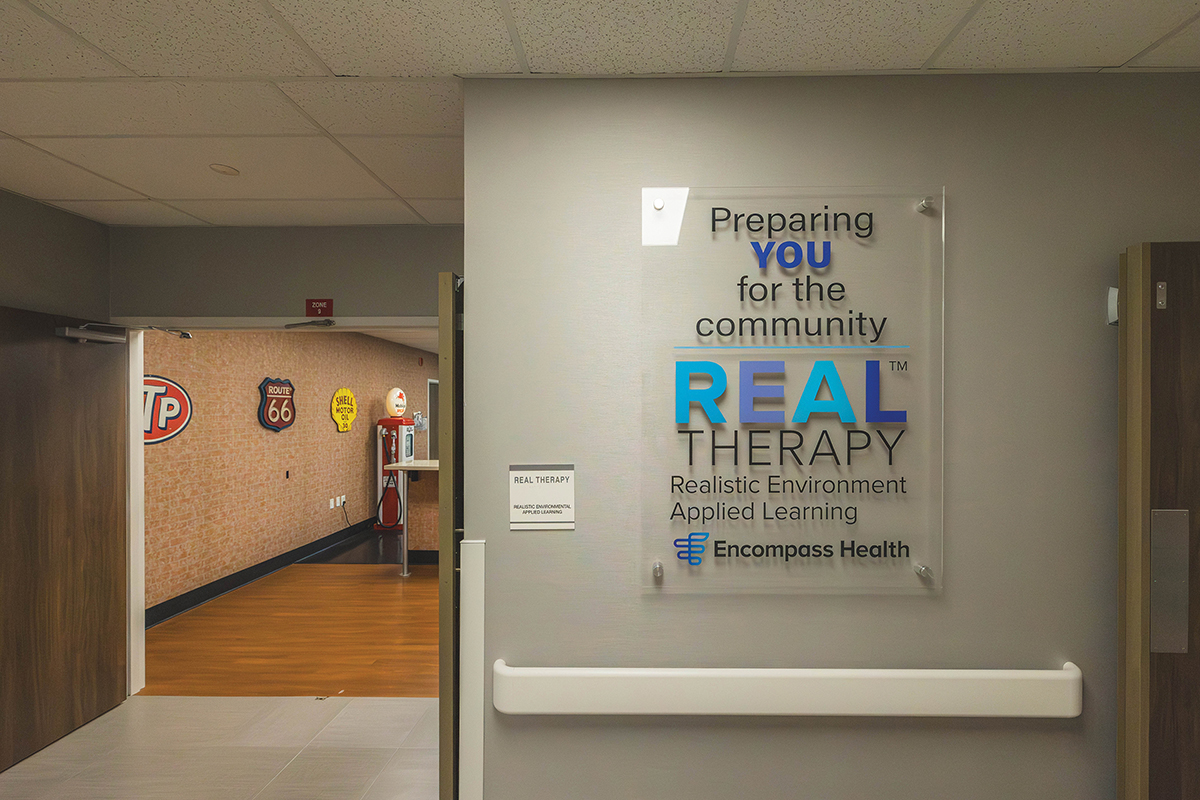
The Rehabilitation Journey
At MidAmerica Rehabilitation Hospital, recovery begins with a comprehensive assessment. “We want to get the patient as close to baseline as possible,” noted Greenlee. Rehabilitation may focus on relearning essential skills – eating, swallowing, cognitive functions, medication management, and financial tasks. Patients might need assistance with basic activities like showering and walking or adapting to wheelchair use.
The emotional aspect of recovery is equally important. Understanding who patients were before their stroke helps the care team provide comprehensive support. MidAmerica Rehabilitation Hospital offers an in-house psychiatrist and support groups. “We often have long-term survivors come back to speak and to help with our patients,” said Greenlee.
Cutting-Edge Technology
Modern technology plays a vital role in stroke rehabilitation. MidAmerica Rehabilitation Hospital employs various devices to assist with walking, movement, and eye-hand coordination. “We utilize every technology we can,” said Greenlee. The facility even includes a car simulator to help patients practice getting in and out, which is an essential skill for maintaining independence, even if they can’t drive again.
Success Stories
Behind the statistics are real people fighting to reclaim their lives. Greenlee shared the story of a patient in his 50s who experienced a stroke at work. Initially, he struggled with negative emotions. With determination and family support, he made remarkable progress. “He left the hospital walking with assistance and could feed and bathe himself,” Greenlee recalled. His goal was to walk his daughter down the aisle, a dream that initially seemed unattainable but became increasingly possible with each small improvement.
“Our motto is ‘use it or lose it,’” reflected Greenlee, referring to their rehabilitation philosophy. “The slow, small things build up over time and lead to the bigger things when improving.”
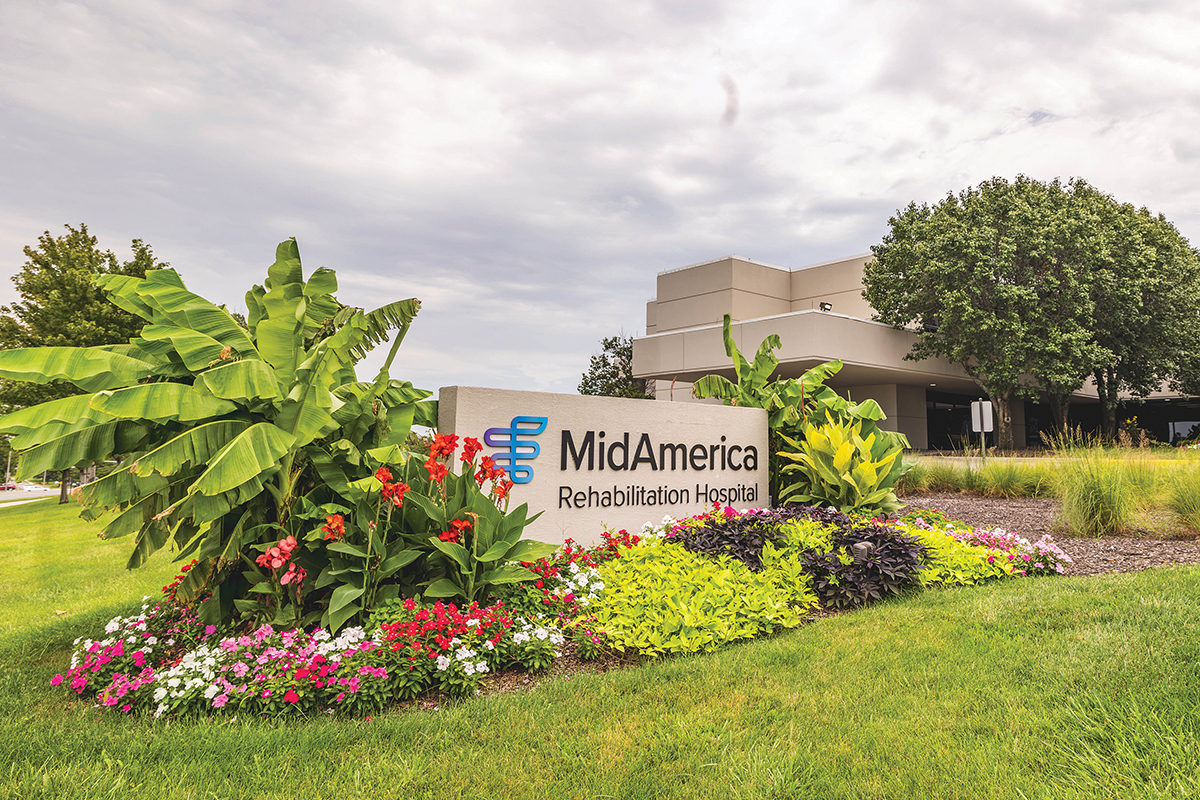
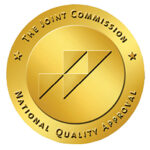 Certified Excellence
Certified Excellence
MidAmerica Rehabilitation Hospital’s commitment to quality care has earned them The Joint Commission Disease-Specific Care Certification in Stroke Rehabilitation. This prestigious recognition reflects their exceptional programs and outcomes, requiring them to meet specific milestones and maintain strict standards.
For Greenlee, the work brings daily rewards. “I get to be a part of their daily victories and then send them home to live the best life post-stroke,” she shared, adding a sobering reminder that underscores the importance of awareness and prevention: “A stroke can happen in the blink of an eye.”

For more information about stroke rehabilitation services at MidAmerica Rehabilitation Hospital, visit their website at encompasshealth.com or call their Overland Park location at 913.491.2400.

